by Lois Tverberg
“…And others are the ones on whom seed was sown among the thorns; these are the ones who have heard the word, but the worries of the world, and the deceitfulness of riches, and the desires for other things enter in and choke the word, and it becomes unfruitful.” – Mark 4:18-19
One year for Christmas I bought two gift boxes of potted bulbs that would bloom as a beautiful bouquet in the middle of winter, if the growing directions were followed. I kept one for myself, and I wrapped the other up and gave to some ladies at my workplace. When they unwrapped their box they “oohed” over the beautiful flowers in the picture on the box, thanked me appreciatively and set it aside. I set my own box aside for a week, and then discovered that the bulbs had sent up stems, and had been growing inside the box on their own with no light or water.
The next time I saw the ladies I saw that their box hadn’t been opened, so I told them that the bulbs were growing already. But it fell on deaf ears, and their box sat unopened in clear view of everyone for some weeks beyond that. I can only imagine that when they opened it, they were saddened to find stems that had grown, gotten yellow and never bloomed because they were not cared for.
What hit me is that this was a little like Jesus’ parable about the seed that was sown on various types of soil. In Jesus’ parable he speaks about people for whom wealth and daily cares act to choke the seed of the Word in their lives, making it unfruitful. In a related way, many of us are excited to get the “gift of salvation” and like to look at the picture on the box, but we don’t open the box and do the work of prayer, discipleship and study. We would rather be busy with our own daily activities and just be glad we are saved.
But God desires more than to give us a box with a lovely picture on it. He gave us a living gift, just like the bulbs in the box! Just like them, the gift of the Holy Spirit is alive in us too, but only can grow in us as much as we let it. How sad if the beautiful bouquet that the Lord had intended to grow from our lives would remain stifled and yellow inside of us. We need to become true disciples so we can bloom in the way he intended.
Photo: stux


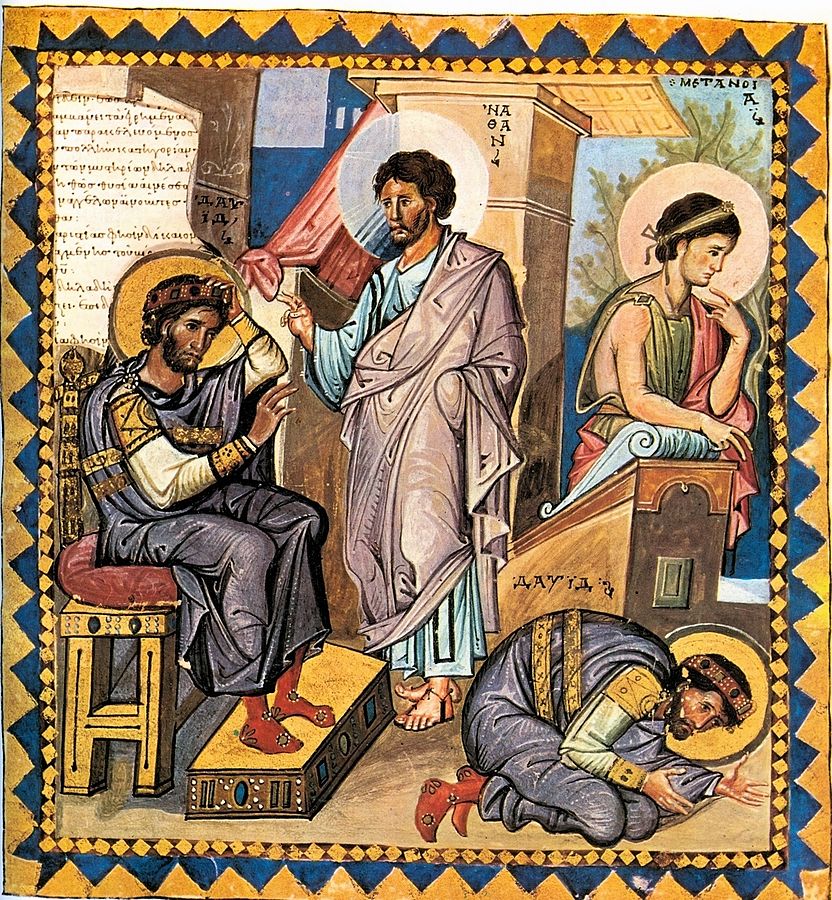 “The LORD sent Nathan to David. When he came to him, he said, There were two men in a certain town, one rich and the other poor. The rich man had a very large number of sheep and cattle, but the poor man had nothing except one little ewe lamb he had bought. He raised it, and it grew up with him and his children. It shared his food, drank from his cup and even slept in his arms. It was like a daughter to him.
“The LORD sent Nathan to David. When he came to him, he said, There were two men in a certain town, one rich and the other poor. The rich man had a very large number of sheep and cattle, but the poor man had nothing except one little ewe lamb he had bought. He raised it, and it grew up with him and his children. It shared his food, drank from his cup and even slept in his arms. It was like a daughter to him.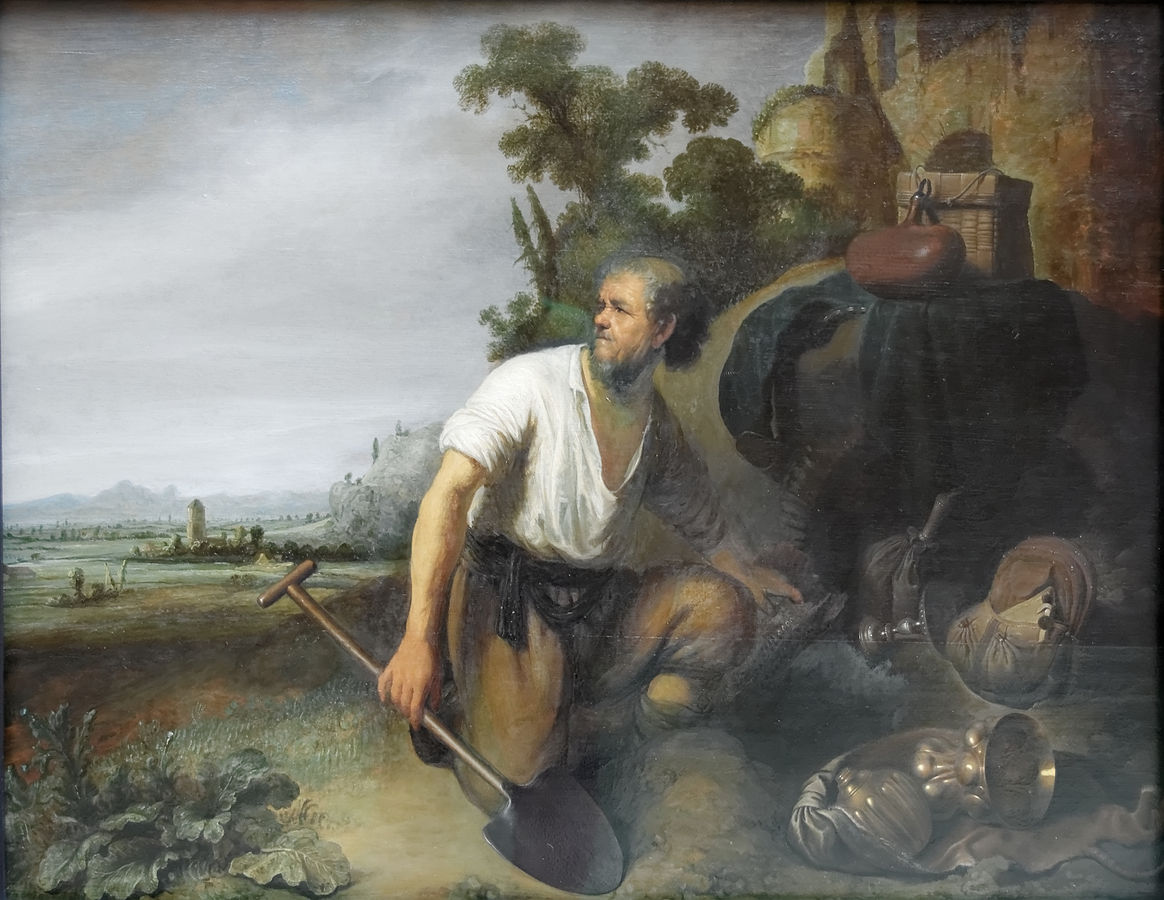 Do not store up for yourselves treasures on earth, where moth and rust destroy, and where thieves break in and steal. But store up for yourselves treasures in heaven, where neither moth nor rust destroys, and where thieves do not break in or steal; for where your treasure is, there your heart will be also. Matthew 6:19-21
Do not store up for yourselves treasures on earth, where moth and rust destroy, and where thieves break in and steal. But store up for yourselves treasures in heaven, where neither moth nor rust destroys, and where thieves do not break in or steal; for where your treasure is, there your heart will be also. Matthew 6:19-21

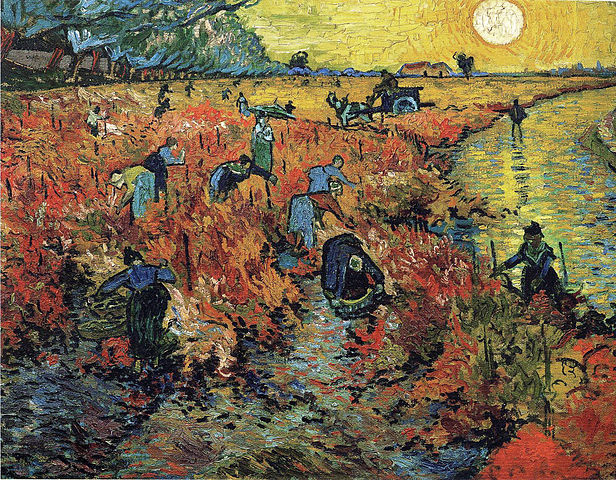
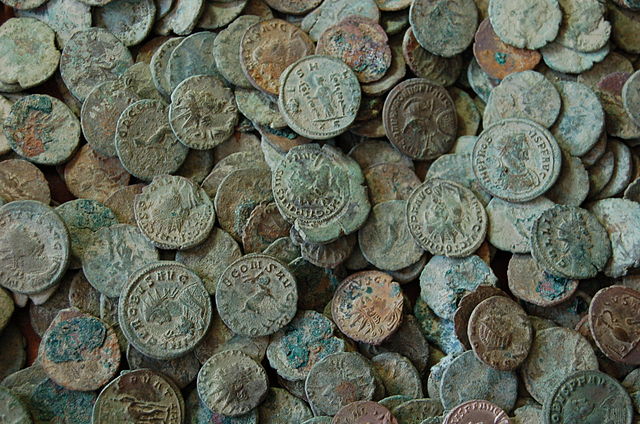 One thing to note is that the rich man probably lived far away and employed the manager to keep track of his loan repayments. Loan managers, like tax collectors, were paid commissions from the accounts that they oversaw. Thus, the more they could collect from the debtors, the more they earned.
One thing to note is that the rich man probably lived far away and employed the manager to keep track of his loan repayments. Loan managers, like tax collectors, were paid commissions from the accounts that they oversaw. Thus, the more they could collect from the debtors, the more they earned. It is interesting that he uses “leaven” in a positive way, when it is uniformly used negatively throughout the Bible. This may be because of how leavening was done in biblical times. To make bread dough rise, a lump of old, fermented dough from the day before would be mixed into the new lump of dough. This deliberate contamination was what caused the bread to rise. Outside of this parable, the image is always negative.
It is interesting that he uses “leaven” in a positive way, when it is uniformly used negatively throughout the Bible. This may be because of how leavening was done in biblical times. To make bread dough rise, a lump of old, fermented dough from the day before would be mixed into the new lump of dough. This deliberate contamination was what caused the bread to rise. Outside of this parable, the image is always negative.
 “What is the kingdom of God like? What shall I compare it to? It is like a mustard seed, which a man took and planted in his garden. It grew and became a tree, and the birds of the air perched in its branches.” Luke 13:18-19
“What is the kingdom of God like? What shall I compare it to? It is like a mustard seed, which a man took and planted in his garden. It grew and became a tree, and the birds of the air perched in its branches.” Luke 13:18-19


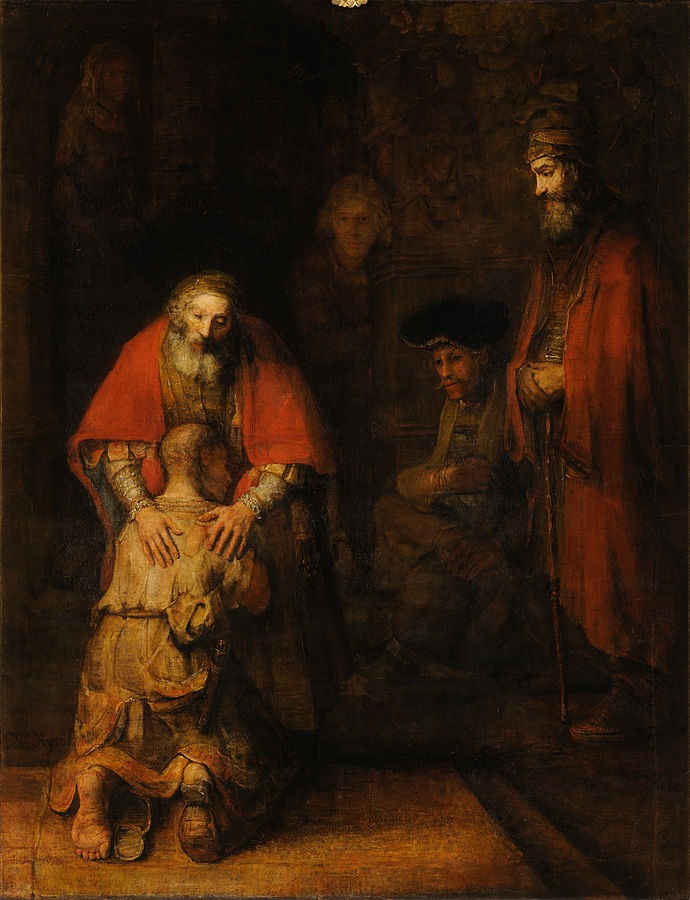 Through the parable of the Prodigal Son, we get a more Eastern picture of sin – as that of a broken relationship. The prodigal son who asked for his inheritance early was making a powerful statement of rejection of his family. In Eastern cultures, to make that request was to imply a wish that the father was already dead. It would have been profoundly hurtful to the family as the son sold the family’s property for his own gain.1 It shows us a picture of the great personal offense we cause God as we reject him as our father. Sin does not just “break the rules,” it is a direct rejection of the God who is our loving parent, who cares for us deeply.
Through the parable of the Prodigal Son, we get a more Eastern picture of sin – as that of a broken relationship. The prodigal son who asked for his inheritance early was making a powerful statement of rejection of his family. In Eastern cultures, to make that request was to imply a wish that the father was already dead. It would have been profoundly hurtful to the family as the son sold the family’s property for his own gain.1 It shows us a picture of the great personal offense we cause God as we reject him as our father. Sin does not just “break the rules,” it is a direct rejection of the God who is our loving parent, who cares for us deeply.